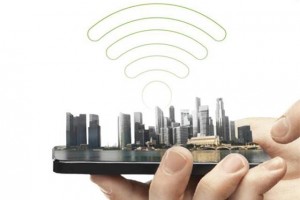
The research also revealed low interest in the technologies typically associated with smart cities. For example, only 8% saw a value in being able to order driverless or electric transport from their smart phone.
The IET believes that the public has “yet to buy into the idea of smart cities – and be convinced of the value and benefits that technology, delivered on a city-scale, could bring to their daily lives.”
Alan Howard from the IET, writes:
“In spite of substantial investment in smart cities from the Government, local authorities and businesses, most people don’t understand the concept or, more importantly, how smart city digital communications technology could improve their quality of life by enhancing infrastructure and public services, including transport and traffic management, energy, water and waste management, healthcare and other community services.”
According to Howard, the report points to city projects in Glasgow, Peterborough, Bristol and London that offer examples of how technology can improve the quality of life for residents, workers and visitors alike.
Howard writes:
“Promoting ‘lessons learned’ from pilots like those in Glasgow, Peterborough, Bristol and London will help inspire, inform and influence more local authorities and communities about how technologies can improve the quality of the daily lives of their citizens.”
Interestingly, the report found that a third of respondents were unable to select the correct definition of a smart city from a list of options. 8% of respondents opted for “a city that has a higher than average proportion of universities and colleges and aims to attract the most intellectual”.
However, on a more positive note 23% of respondents to the report thought sensors embedded in roads and buildings which measure traffic flows, predict congestion, and adjust traffic lights and signals, would be useful.
 Electronics Weekly Electronics Design & Components Tech News
Electronics Weekly Electronics Design & Components Tech News



